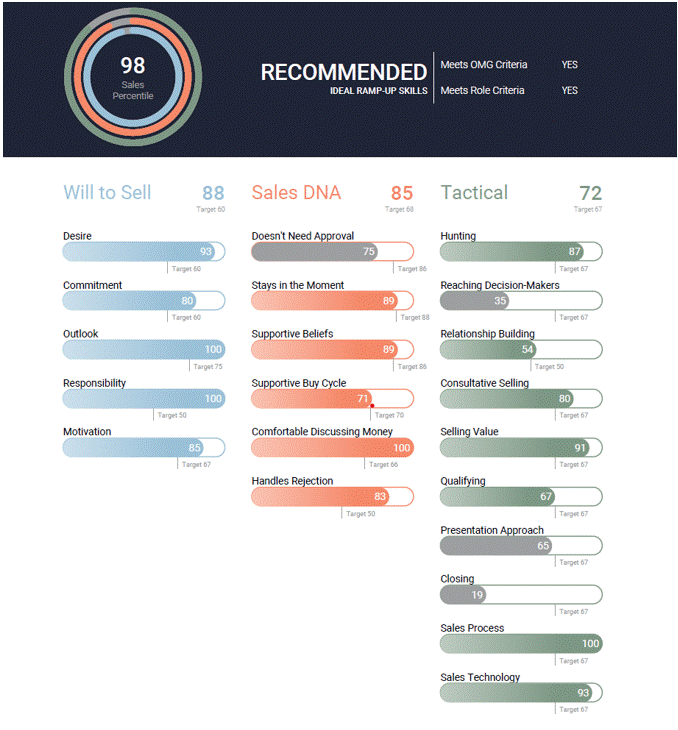Here are some examples of what I come across that has led me to this conclusion.
Conversation with Sales Manager A
“My sales person working reomotely will not sell our consumable range – they just focus on our high end engineering solutions. – I want you to train them”
“Why do you think they are not selling the consumable range?” I asked
“I don’t know, I have instructed him to do so.”
“Is he achieving his sales revenue targets?” I asked
“Yes” he replied
“So what is the problem – as far as the sales person is concerned he is doing his job for the company. Were the targets specified to include the behaviour you were seeking?” I asked
“No. I have had a performance review and still not change.”
“Train them on what please?” I asked. (I knew what/who was the problem here)
Conversation with Sales Manager B
“I want you to train my team – there are veterans and newbies” asked Sales Manager
“What would you like to change within your team?” I asked
Mmm both these examples show a lack of sales leadership.
So what should a sales leader do to create a high performance team?
So what makes a Great Sales Leader
Firstly what are they supposed to focus on – how will we make our targets? What is the sales strategy?
Once this is established the sales leader needs to help their salespeople understand the company’s sales strategy, and to align their personal strategy with it so that they feel ownership and responsibility to it. These nine open-ended questions can help.
What excites you about the sales strategy and why?
What is not that exciting and why?
What will success look like for you and the company?
What is the main outcome you would like to achieve?
How will you know you’ve reached that outcome?
What will need to happen before…?
What stands in the way of…?
Which clients will provide the bulk of your sales and what will you need to do to ensure this happens?
What is your win/loss ratio?
What is the average order value
Considering the gap between what your current clients will bring in and your sales target, what new clients will you need to prospect?
So if you take your average order value. Your win/loss ratio – how many orders will you need and then how many new clients will you need
Now we know the focus, we now need to focus on the activities to get there
Here are some questions to assist
So you need this many new clients, what will you need to do to get to them?
How many calls will you need to make to lock in a meeting – virtual or f2f?
Is there any other activities you could do to create opportunities to meet the ideal client?
Which activity do you find the easiest and the hardest?
Which activity will yield the best outcomes?
Now lets get back to the clients that will deliver a certain amount of revenue - key accounts. Here are some questions for sales leaders to ask.
What do you need to focus on to ensure the existing revenue continues?
What do you need to do to ensure this happens?
What others products/services could we position with them?
What is need to do this?
Who else do you need to have a relationship with?
How can you reach the people you want/need to talk to?
Who would you really like to have on your side?
How can you get them on your side?
What type of relationship will you want and what is required to obtain this?
Are you the trusted advisor? How would you know this?
What do you need to do to be the trusted advisor?
Why should they even care about this?
What would cause them to do nothing?
How strong is the incumbent?
What are the red flags?




















